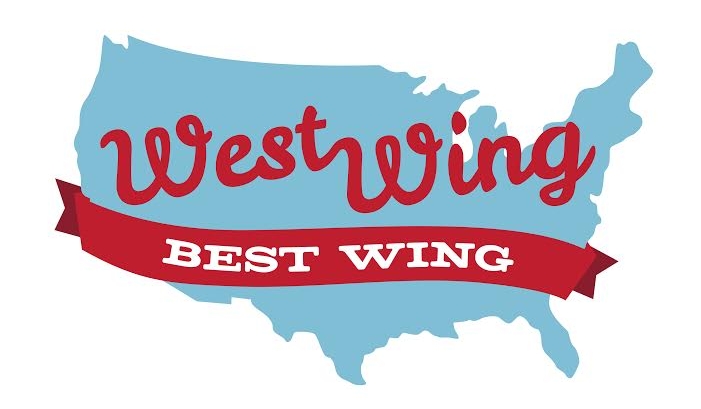Primary Challenges
Researching the Kennedys and hating the President has me thinking a lot about primary challenges to incumbent presidents. After FDR fundamentally changed the American presidency by running for president until he died, the 22nd amendment was added to the constitution, limiting each subsequent president to two terms. This means that most presidents, once elected, do try to run for another term. Of course, presidents usually face challengers from the opposite party, but do they ever face a primary challenger?
I mentioned the Kennedys earlier, because one of the more famous primary challenges was Robert F. Kennedy, who ran for the Democratic nomination in 1968. In 1968, LBJ was the incumbent candidate. He had taken over after JFK was assassinated in 1963, and was elected in his own right in 1964. But come 1968, LBJ was very unpopular with anti-war segments of the party. After anti-war candidate Eugene McCarthy won a primary in New Hampshire, and RFK entered the race, LBJ sensed the changing winds and withdrew, choosing not to run again.
Of course, RFK was later assassinated, and McCarthy lost the primary to Hubert Humphrey, LBJ's Vice President, who then lost the general election to Nixon.
This is a running theme in modern primary challenges of incumbent candidates. A divisive primary in the party that already holds the presidency makes it hard for the party to come back together in the general election.
For another example, we can look to the 1976 primary. Gerald Ford was the incumbent, after taking over following Nixon's resignation. Ronald Reagan mounted a primary challenge representing the conservative wing of the party. The challenge was a nailbiter, with Ford barely winning the nomination. That year, Ford lost the general election to Jimmy Carter, who after a bungling of the Iranian hostage crisis, lost to Ronald Reagan in 1980.
One of the commonalities between these two events is that both parties were having some growing pains, and primary challenges were mounted from a more extreme wing of the party. In the Democrats case, Johnson backed out upon seeing anti-war candidates securing victories. For the Republicans, Reagan represented a vocal conservative group of the party that felt ignored by many of Ford's priorities and actions. The parties couldn't agree on a candidate, but more than that, they couldn't agree on the direction the party should take.
But now onto what we're all thinking. Does this mean a Republican could run against Trump in the primary?
Yes, technically. Will they? My guess is no. Taking on a sitting President requires incredible gumption, as it has the potential to ruin your political career. From what I've seen, presidential primary challengers get that gumption from their core values, and the belief that this president isn't embodying those values. Watching the Republican party and Trump work together this year, it's not clear to me that any Republican would have the spine, or care enough to take him on.
Maybe I'll be proven wrong on this! But I think holding out hope for a Republican primary challenger is not the best use of the Democrats energy. Instead, we should focus on putting up our own strong candidates. There's no guarantee a president will win a second term, especially if the other candidate is strong enough.
